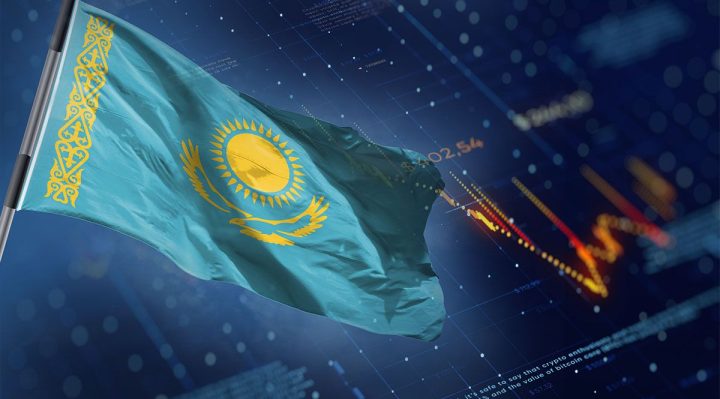The President of Kazakhstan, Kassym-Jomart Tokayev, presented his new economic course during the annual state-of-the-nation address on 1 September.
The President highlighted the country’s large-scale political reforms since 2022 and its extensive efforts to safeguard human rights and uphold the rule of law. Focusing on the main pillars of the upcoming structural economic reforms, Tokayev stressed that forming a robust industrial foundation and achieving economic self-sufficiency were paramount.

To diversify the economy, the government will focus on deep processing of metals, oil, gas, coal chemistry, heavy engineering, uranium conversion and enrichment, automotive components, and fertilizers.
Another priority is to strengthen the defense industry, which is vital for national security. Kazakhstan aims to establish a production cycle focusing on localization to decrease its reliance on imports. The government will modernize the national army with high-tech weapons and military equipment, including armored vehicles, drones, and modern firearms.
The country will reform geological exploration and the mining sector management system.
“The right to use the subsoil should be granted to investors undertaking geological exploration at their own expense. We should enhance the approval process by introducing comprehensive state expertise and full digitalization,” he explained.
The government will expand geological and geophysical exploration areas from the current 1.5 million square kilometers to at least 2.2 million by 2026, prioritizing the development of rare and rare earth metal deposits.
By year’s end, the country will establish a comprehensive vision for industrial development. To support the manufacturing industry, foreign and domestic investors will be exempt from taxes and other obligatory payments for the first three years.
According to the President, the reforms should provide for stable economic growth at 6-7 percent to double the volume of the national economy by 2029, up to $450 billion.
Last year, Kazakhstan’s gross domestic product (GDP) reached 104 trillion tenge ($226.2 billion). The country also attracted a record $28 billion in foreign direct investment, and its foreign trade turnover reached $136 billion with $84 billion in exports. The nation’s external reserves are approaching $100 billion.
